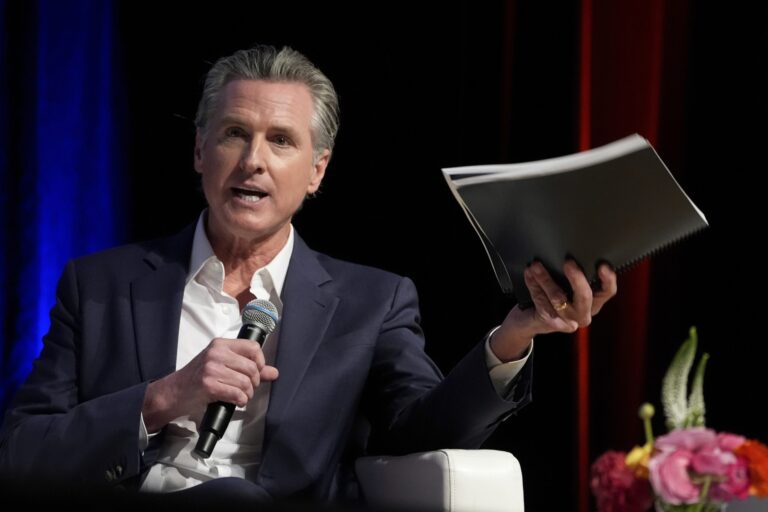Congressman Kiley Proposes Bill to Halt Redistricting Efforts Until 2030 Census
In a strategic move to preempt potential redistricting changes in California, Republican Congressman Kevin Kiley is set to introduce legislation aimed at prohibiting the redrawing of congressional maps until after the 2030 census. This bill, if passed, could also impact the ongoing map discussions in Texas, effectively nullifying any recent proposals from the state’s legislature.
Context of the Redistricting Debate
Kiley represents a key district along the California-Nevada border, making him a prime target for Democrats, particularly if California Governor Gavin Newsom decides to push for redistricting changes. Newsom has indicated that any such efforts would follow Governor Greg Abbott’s initiatives to redraw Texas congressional maps, potentially leading to the elimination of five Democratic seats.
Key Points of the Proposed Bill
- Objective: To prevent all 50 states from altering congressional maps until after the next census in 2030.
- Impact on Texas: If successful, the legislation would effectively block any changes to Texas maps currently under consideration.
- Motivation: Kiley aims to prevent a nationwide "redistricting war," asserting that such conflicts are detrimental to fair representation.
Political Climate
Kiley’s district is notably competitive; President Trump won it by a slim margin of three points, while Kiley himself won by a more significant 11 points during his recent election. His press release highlights the potential ramifications of extensive redistricting conflicts.
Democrats’ Response
California Democrats, led by Governor Newsom, are keenly aware of Kiley’s political vulnerability. To initiate a redistricting process, they need a statewide vote to transfer map-drawing responsibilities from a bipartisan commission to the Democrat-dominated legislature.
Congressman Eric Swalwell remarked on social media, “Hope it’s worth it! Say goodbye to Kevin Kiley and 5 other CA Republicans,” emphasizing the Democrats’ commitment to targeting Kiley in future elections.
Texas Redistricting Controversy
Meanwhile, Governor Abbott is pressing forward with redistricting plans despite threats from California officials. Abbott is under increasing pressure from Trump, who has urged Texas Republicans to modify the maps strategically to secure a five-seat advantage in the upcoming elections.
Democratic Retreat
In a bold move to block the redistricting efforts in Texas, numerous Democratic legislators fled the state, seeking refuge in Illinois and other locations. This strategy aims to thwart the Texas House from achieving a quorum, necessary for legislative action on the redistricting bill.
Legal Repercussions and Threats
In response to the Democratic exodus, Abbott and Texas Attorney General Ken Paxton are exploring all possible measures to compel the return of these lawmakers. Paxton has even floated the idea of arresting those who remain absent. Abbott’s official statements include:
- “This truancy ends now. The derelict Democrat House members must return to Texas.”
- Suggestions of potential legal consequences: "Any member who fails to do so may face expulsion from the House."
Abbott further claims that any absent Democrats receiving financial support from out of state could be committing felonies, suggesting these arrangements could constitute bribery.
Democratic Governor J.B. Pritzker is reportedly providing logistical support to the fleeing Texas lawmakers, who risk incurring fines of $500 per day for every missed legislative meeting.
Conclusion
As redistricting becomes a hot-button issue, the introduction of Kiley’s bill highlights the ongoing struggle over electoral maps in both Texas and California. The outcome of these maneuvers will likely shape the political landscape in the upcoming elections, making it crucial for citizens and lawmakers to stay informed on these developments.
For more information on redistricting efforts nationwide, visit Ballotpedia and stay updated on the impact of these legislative actions.
By understanding the implications of this proposed legislation, voters can better engage in the political process and advocate for fair representation in their districts.


